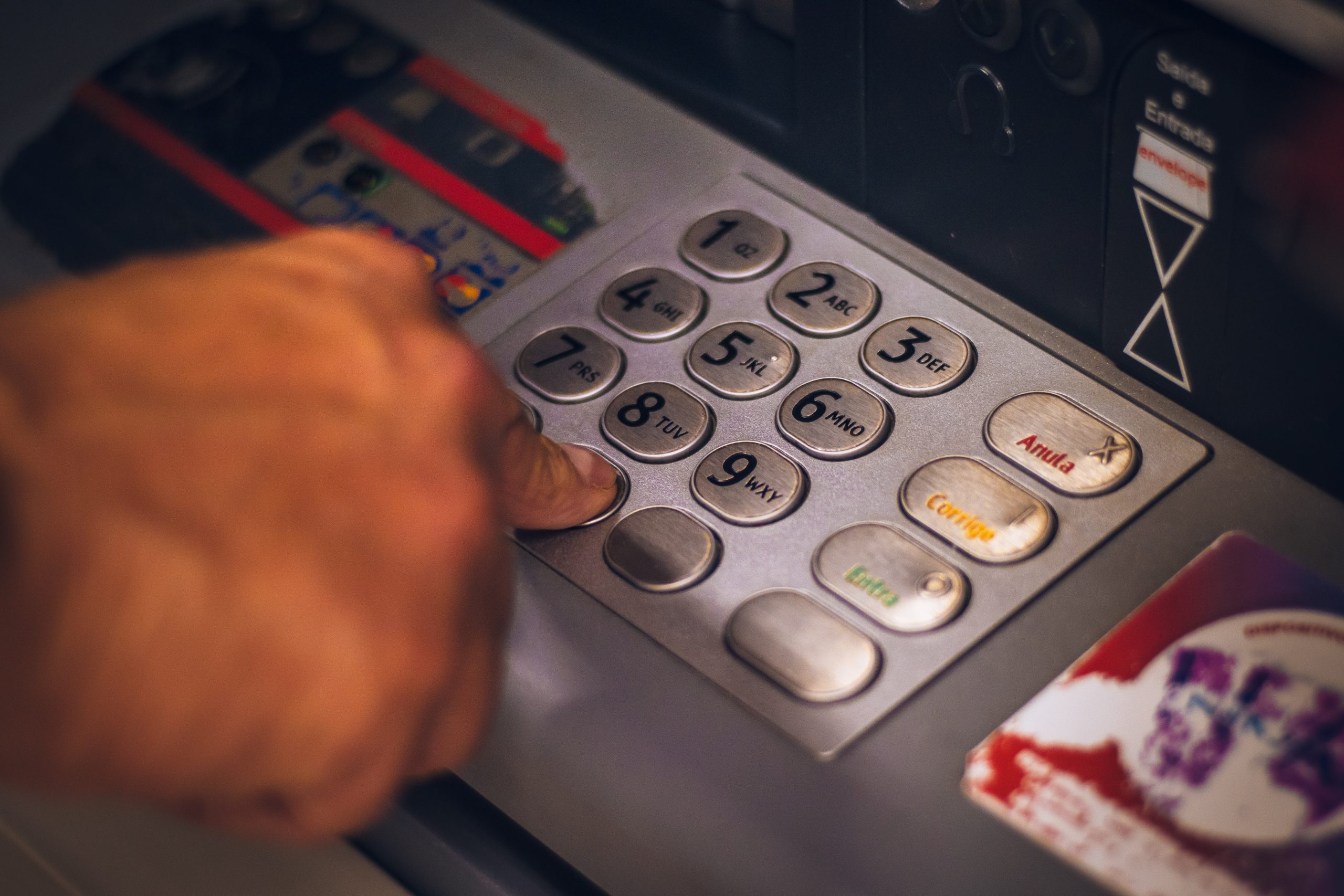Dividing Money and Debt in Divorce: Protecting Your Finances
When you’re facing divorce, it’s crucial to not only untangle your emotions but also your finances. Dividing money and debt in divorce can be a complex and contentious process, but understanding your rights and responsibilities is essential. In this comprehensive guide, we’ll walk you through the ins and outs of dividing money and debt in divorce, ensuring that you receive your fair share and aren’t taken advantage of.
Dividing Money and Debt in Divorce: Communicate with Creditors
Before diving into the intricacies of dividing money and debt, start by addressing your joint accounts. Whether it’s a credit card, loan, or any other shared financial obligation, contact your creditors in writing. Request that they close joint accounts or remove your spouse as an authorized user. This proactive step is vital because, legally, you remain responsible for charges incurred on joint accounts, even if your spouse is the one making these charges after the divorce.
Creditors are not obligated to convert joint accounts into individual ones. In many cases, they may ask you to reapply for a credit account as an individual. Your approval or denial will be based on your individual application, which can impact your creditworthiness.
Dividing Money and Debt in Divorce: Divorce Decree vs. Loan Agreement
Let’s consider a scenario involving Jill and Bob, who recently divorced. Both spouses had signed a loan to purchase a boat, and the divorce decree stipulated that Bob would be responsible for paying off the boat loan. However, Bob failed to make payments, and the creditor began contacting Jill for payment.
Here’s the critical point: The loan agreement that both Jill and Bob signed remains a binding contract. The divorce decree, while legally significant, doesn’t nullify this contract. As a result, creditors have the right to contact either party for repayment. Furthermore, both parties’ credit histories can be affected by this debt. If Bob continues to neglect his obligation, Jill may need to inform the court that the court order is being ignored.
Now, let’s imagine a different scenario where only Bob signed the boat loan, and the divorce settlement clearly stated that Bob is responsible for this specific debt. Since Wisconsin follows community property laws, Jill is still technically responsible for the boat loan, but only to the extent of her marital assets.
In this case, if Bob defaults on the boat loan, Jill’s wages earned after the divorce cannot be garnished because they are not considered marital assets. During the divorce, the spouses would have divided their assets, and any assets assigned to Jill could potentially be used to satisfy the debt.

Frequently Asked Questions about Dividing Money and Debt in Divorce
Can my pre-marriage credit history affect my spouse’s credit history?
No, only obligations that arise during the marriage can be reported on both credit histories.
Can a debt that the court ordered my ex-spouse to pay be reported on my credit history?
Yes, if the debt was incurred during the marriage, it can impact both parties’ credit histories which is imperative to understand when dealing with dividing money and debt in divorce.
How can I protect my assets during divorce?
To protect your assets before filing for divorce, consider opening a new checking account in your name only and switch your direct deposit there. Familiarize yourself with the law to ensure you don’t engage in any illegal activities. Document all your assets and consider changing beneficiaries on insurance policies and trusts.
What if my spouse emptied our joint bank accounts?
In Wisconsin, joint bank accounts are considered community property. If your spouse empties these accounts without notice or violates court orders, you can take legal action. This may include holding your spouse in contempt, requesting the return of your share of the funds, and pursuing sanctions or legal fees.
Dividing Money and Debt in Divorce: Protecting Your Financial Future
Divorce is undoubtedly challenging, but understanding your financial rights and responsibilities is crucial. Whether it’s communicating with creditors, honoring loan agreements, or safeguarding your assets, being well-informed is your best defense.
If you’re navigating a complex divorce involving finances, reach out to our experienced attorneys at Dahlberg Law Group. Our dedicated team, including Attorney Latrice Knighton and Attorney Paul Santilli, can provide the guidance and support you need to ensure a fair financial outcome. Your financial future matters, and we’re here to protect it. Contact us today to discuss your case and secure your financial well-being during and after divorce.
Additional Resource
For downloadable forms related to divorce proceedings, visit the Wisconsin eCourts Pro Se Forms page: Click here to access forms.

